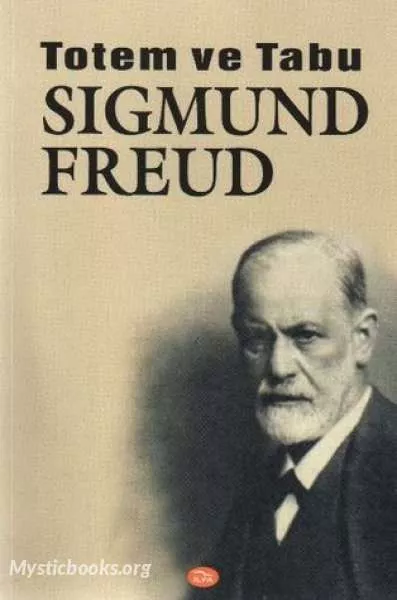
Totem and Taboo
'Totem and Taboo' Summary
Chapter 1
"The Horror of Incest" concerns incest taboos adopted by societies believing in totemism.
Freud examines the system of Totemism among the Australian Aborigines. Every clan has a totem (usually an animal, sometimes a plant or force of nature) and people are not allowed to marry those with the same totem as themselves. Freud examines this practice as preventing against incest. The totem is passed down hereditarily, either through the father or the mother. The relationship of father is also not just his father, but every man in the clan that, hypothetically, could have been his father. He relates this to the idea of young children calling all of their parents' friends as aunts and uncles. There are also further marriage classes, sometimes as many as eight, that group the totems together, and therefore limit a man's choice of partners. He also talks about the widespread practices amongst the cultures of the Pacific Islands and Africa of avoidance. Many cultures do not allow brothers and sisters to interact in any way, generally after puberty. Men are not allowed to be alone with their mothers-in-law or say each other's names. He explains this by saying that after a certain age parents often live through their children to endure their marriage and that mothers-in-law may become overly attached to their son-in-law. Similar restrictions exist between a father and daughter, but they only exist from puberty until engagement.
Chapter 2
In "Taboo and emotional ambivalence," Freud considers the relationship of taboos to totemism. Freud uses his concepts projection and ambivalence, developed during his work with neurotic patients in Vienna, to discuss the relationship between taboo and totemism.
Like neurotics, 'primitive' people feel ambivalent about most people in their lives, but will not admit this consciously to themselves. They will not admit that, as much as they love their mother, there are things about her that they hate. The suppressed part of this ambivalence (the hate parts) are projected onto others. In the case of natives, the hateful parts are projected onto the totem, as in: 'I did not want my mother to die; the totem wanted her to die.'
Freud expands this idea of ambivalence to include the relationship of citizens to their ruler. In ceremonies surrounding kings, which are often quite violent (such as the king starving himself in the woods for a few weeks), he considers two levels that are functioning to be the "ostensible" (i.e., the king is being honored) and the "actual" (i.e., the king is being tortured). He uses examples to illustrate the taboos on rulers. He says that the kings of Ireland were subject to restrictions such as not being able to go to certain towns or on certain days of the week.
Chapter 3
In "Animism, Magic and the Omnipotence of Thought" Freud examines the animism and narcissistic phase associated with a primitive understanding of the universe and early libidinal development. A belief in magic and sorcery derives from an overvaluation of psychical acts, whereby the structural conditions of mind are transposed onto the world: this overvaluation survives in both primitive men and neurotics. The animistic mode of thinking is governed by an "omnipotence of thoughts", a projection of inner mental life onto the external world. This imaginary construction of reality is also discernible in obsessive thinking, delusional disorders and phobias. Freud comments that the omnipotence of thoughts has been retained in the magical realm of art. The last part of the essay concludes the relationship between magic (paranormal), superstition and taboo, arguing that the practices of animism are merely a cover up of instinctual repression (Freud).
Chapter 4
In "The Return of Totemism in Childhood" Freud combines one of Charles Darwin's more speculative theories about the arrangements of early human societies (a single alpha-male surrounded by a harem of females, similar to the arrangement of gorilla groupings) with the theory of the sacrifice ritual taken from William Robertson Smith to conclude that the origins of totemism lie in a singular event, when a band of prehistoric brothers expelled from the alpha-male group returned to kill their father, whom they both feared and respected. In this respect, Freud located the beginnings of the Oedipus complex at the origins of human society, and postulated that all religion was in effect an extended and collective form of guilt and ambivalence to cope with the killing of the father figure (which he saw as the true original sin).
Book Details
Language
EnglishOriginal Language
GermanPublished In
1913Genre/Category
Tags/Keywords
Authors
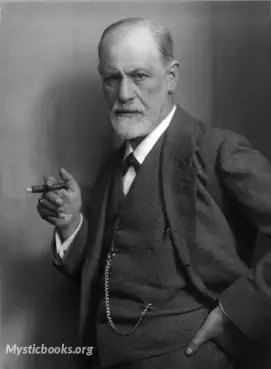
Sigmund Freud
Austrian Empire
Sigmund Freud ; born Sigismund Schlomo Freud was an Austrian neurologist and the founder of psychoanalysis, a clinical method for treating psychopathology through dialogue between a patient and a psyc...
Books by Sigmund FreudDownload eBooks
Listen/Download Audiobook
- Select Speed
Related books
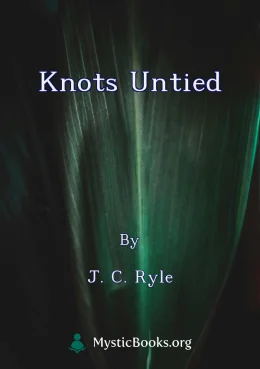
Knots Untied by J. C. Ryle
This book, written by an evangelical churchman, addresses disputed theological points of the Anglican Church in the 19th century. It systematically ex...
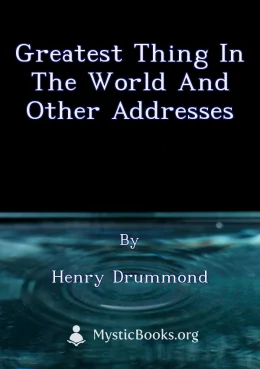
Greatest Thing in the World and Other Addresses by Henry Drummond
The Greatest Thing in the World is a collection of religious addresses by Henry Drummond. The book's title essay is a classic exposition of the Christ...
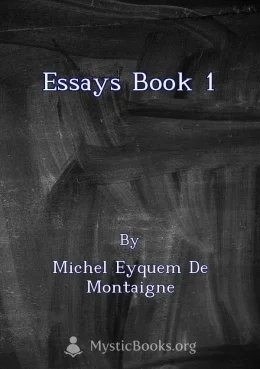
Essays book 1 by Michel Eyquem de Montaigne
Michel de Montaigne's *Essays* is a collection of personal reflections and observations on a wide range of topics, from the nature of human existence...
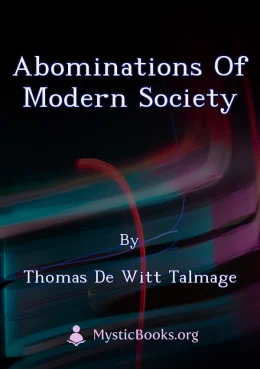
Abominations of Modern Society by Thomas De Witt Talmage
This book is a collection of sermons by Thomas De Witt Talmage, a prominent American preacher of the late 19th century. Talmage was known for his fier...
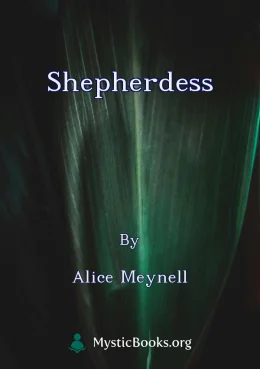
Shepherdess by Alice Meynell
Alice Meynell's "The Shepherdess" is a collection of poems exploring themes of love, loss, nature, and spirituality. Known for her lyrical style and e...
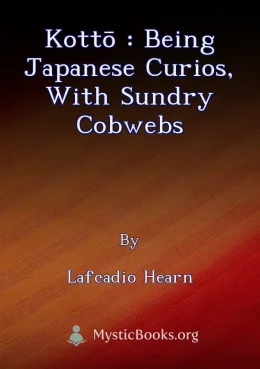
Kottō : being Japanese curios, with sundry cobwebs by Lafcadio Hearn
Kottō is a collection of 20 Japanese stories, translated by Lafcadio Hearn. The stories range from ghost stories to social commentary, and offer a gl...
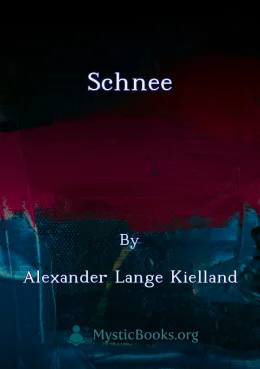
Schnee by Alexander Lange Kielland
The novel explores the conflict between tradition and modernity, and the tension between personal desires and familial expectations. It is a story of...
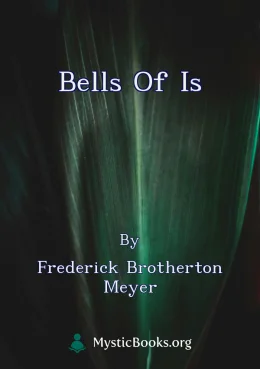
Bells of Is by Frederick Brotherton Meyer
Frederick Brotherton Meyer's memoir, 'Bells of Is,' is a collection of sermons and essays that explore the depths of the human soul and the transforma...
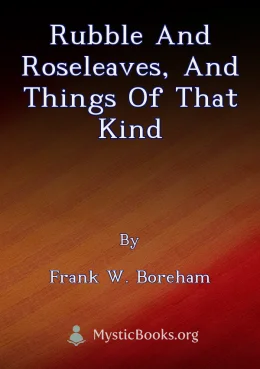
Rubble and Roseleaves, and Things of That Kind by Frank W. Boreham
Rubble and Roseleaves, and Things of That Kind is a collection of essays by Frank W. Boreham. In these essays, Boreham explores a wide range of topics...
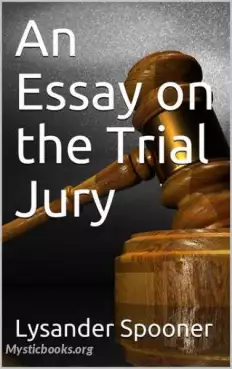
Essay on the Trial by Jury by Lysander Spooner
FOR more than six hundred years that is, since Magna Carta, in 1215 there has been no clearer principle of English or American constitutional law, tha...
Reviews for Totem and Taboo
No reviews posted or approved, yet...